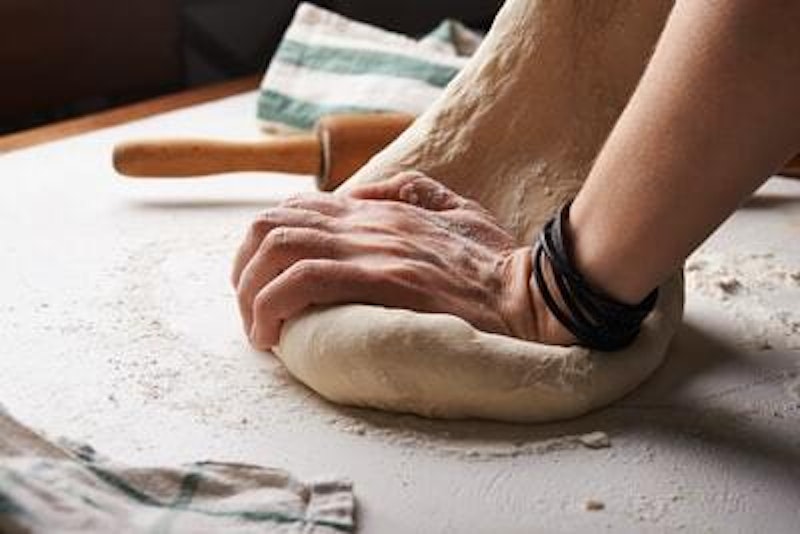In May 2014, Mr Lee ordered a cake from a bakery company in Northern Ireland. He asked for the cake to be decorated with the wording “Support for Gay Marriage”. Initially Mr Lee’s request was accepted by the bakery, but a few days later Mr lee was told that the order could not be fulfilled as the bakery was a Christian business. Mr Lee was not happy and decided to sue the bakery for discrimination on grounds of his sexual orientation and political opinion.
In May 2014, Mr Lee ordered a cake from a bakery company in Northern Ireland. He asked for the cake to be decorated with a picture of the Sesame Street characters, Bert and Ernie (the logo for Queerspace) and add the wording “Support for Gay Marriage”. The cake was to mark the political movement towards same sex marriage which is still unlawful in Northern Ireland. Mr Lee was associated with Queerspace, a LGBT community and was gay.
Initially Mr Lee’s request was accepted by the bakery, but a few days later Mr lee was told that the order could not be fulfilled as the bakery was a Christian business. Mr Lee was not happy and decided to sue the bakery for discrimination on grounds of his sexual orientation and political opinion. Mr Lee’s legal claims were successful in both the Northern Irish county court and Court of Appeal. As a result the Bakery was ordered to pay Mr Lee damages of £500.
The Bakery decided to appeal the decision.
The Bakery were successful in their appeal. This week the Supreme Court overturned the previous decisions in a unanimous decision and ruled that the Christian owners of the bakery did not directly discriminate against Mr Lee when they refused to bake a cake containing a message supportive of gay marriage.
The court looked at direct discrimination on grounds of both sexual orientation and political belief. The court decided that the baker’s refusal was not because of Mr Lee’s sexual orientation. The objection was to the message on the cake and not due to any personal characteristics of Mr Lee or anyone associated with him. The Court rules that the Bakers would have refused to make such a cake for any customer, irrespective of their sexual orientation.
The court also decided that there was no direct discrimination on the grounds of religious or political opinion.
The whole case has been very expensive for all parties. The bakery has been reported as having spent more £200,000 on the case paid by The Christian Institute, a charity and lobby group and Mr Lee’s legal fees being more than £250,000 and being publically funded by the Equality Commission. All for a cake which would have cost about £36.
Some see this case as a victory for freedom of speech and conscience and for those businesses wanting to run them along religious and ethical values, others a blow to Equality groups. Either way it is possible that there will be further cases in which services are refused on the basis of beliefs held by the service providers. Good news for lawyers, but it may raise uncertainty about the application of equality laws in the commercial sphere, from both a business and customer point of view.
If you need further advice on the issues raised in this case, please contact William Addis, Associate in the Sevenoaks office of Thackray Williams LLP.










